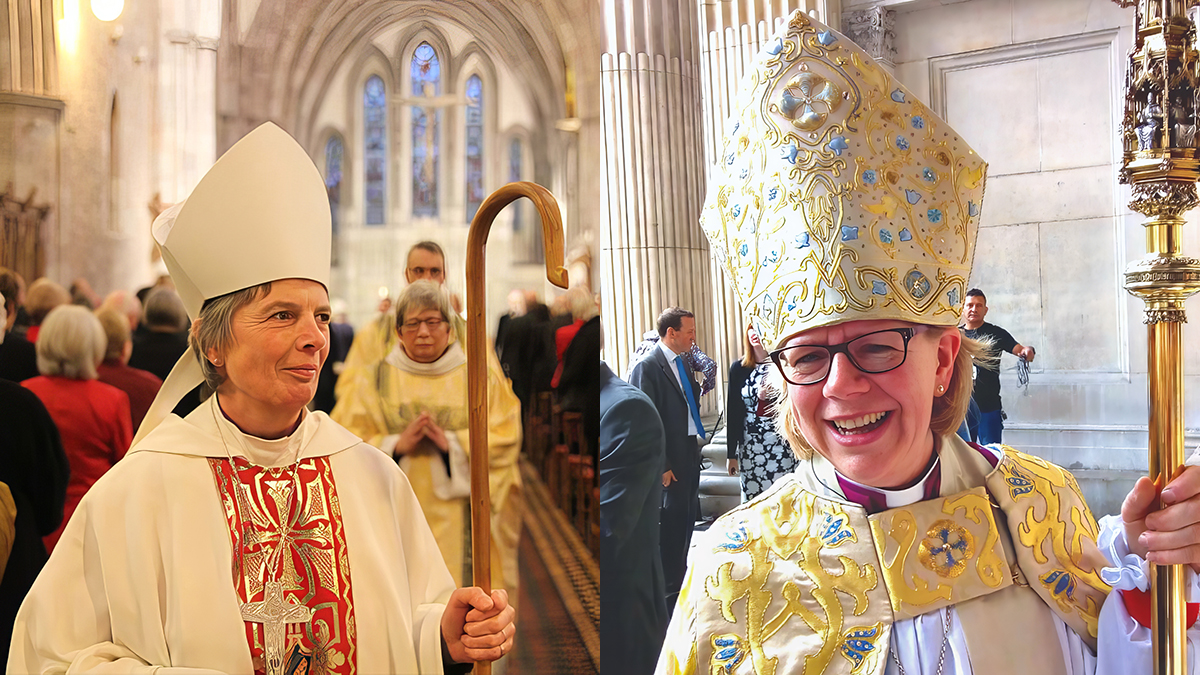As someone who works on the history of Anglicanism, I’ve been interested in the reaction to the appointment of Bishop Sarah Mullally as Archbishop of Canterbury.
It came two months after the election of Bishop Cherry Vann as Archbishop of Wales.
Two women, both with long service in ordained ministry, and in Mullally’s case, conspicuous distinction in a previous career – she left her post as Chief Nursing Officer to work full-time for the Church – had reached the highest positions in the Anglican Church.
Breaking new ground
It’s a news story, because neither Church has had a female Archbishop before, and then it isn’t.
After a moment of further reflection, it seemed obvious that Mullally was the most suitable candidate. She has seniority and has successfully led the complex diocese of London, where church attendance is growing. Bishop Vann, meanwhile, is credited with healing division in the diocese of Monmouth.
Both women are capable, practical, and pastoral. Both are stepping into their archepiscopal role after the sudden resignation of their predecessor.
Reading the signs
A cynic might suggest that women were being sent in to calm nerves and clear up the mess.
A less cynical person, and one who has room for the idea of an appointing process guided by the Holy Spirit, might conclude that the Holy Spirit has been particularly audible.
But let’s look beyond the gender of Sarah Mullally and Cherry Vann.
First and foremost, they are ministers of the gospel, bringing a message of hope to their communities, and operating within the complexities of the ecclesial structures in which they choose to exercise their ministry.
What this means for the Anglican Communion
A journalist asked me what Mullaly’s appointment meant for the Anglican Communion. Archbishop Welby travelled endlessly around the globe, trying to reconcile its irreconcilable factions.
At the end of his tenure, the Communion was more divided than at the beginning, and the fact that he was a male evangelical seemed to have made little difference.
The Nairobi-Cairo Proposals
Now people are talking about the Nairobi-Cairo Proposals, which would replace some of the traditional roles of the Archbishop of Canterbury and better reflect global Anglicanism’s diversity and breadth.
As well as offering an escape from some of the more problematic aspects of Anglicanism’s colonial legacy, the Proposals may turn out to be the grown-up way to live with difference.

- Frances Knight is Professor Emeritus in the History of Christianity at the University of Nottingham, where she previously served as Head of Theology and Religious Studies and Director of the MA in Church History. A former President of the Ecclesiastical History Society, she is now a freelance historian, academic consultant, and Co-Director of Samaritans of Aberystwyth and Mid Wales.

